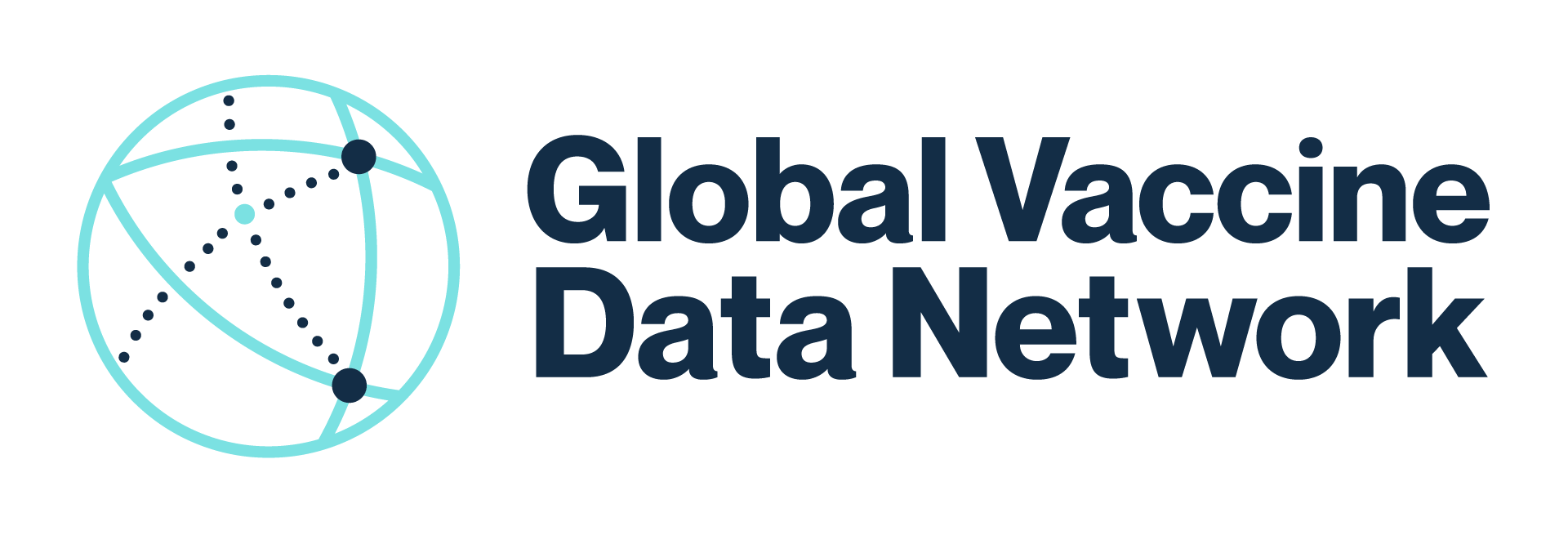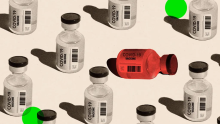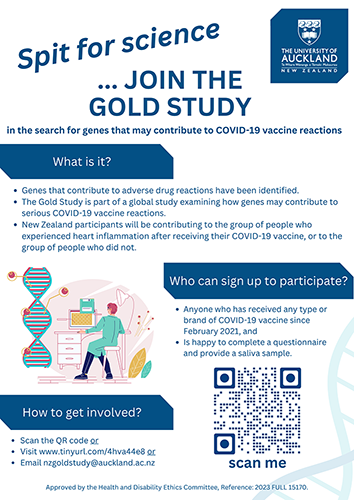Rise of vaccine distrust – why more of us are questioning jabs
The Rise of vaccine distrust – why more of us are questioning jabs in-depth report from the BBC provides an excellent summary of vaccine hesitancy starting back in the 1890s, through the 1990s, and into the 2000s with the internet age, the rise of social media, and with it the tsunami of misinformation. Polling of the UK public suggests a rise in vaccine concerns since the COVID-19 pandemic that saw rapid development and implementation of COVID-19 vaccines across the globe, which contributed to breaking the hold the COVID-19 pandemic had on us and easing of the related restrictions.
Background Rates of Adverse events for Vaccine Evaluation in Africa (BRAVE)
The BRAVE project* will develop infrastructure for post-authorisation vaccine safety surveillance in low- and middle-income countries (LMICs) and identify the rates of potential adverse events of special interest (AESI) before the introduction of new vaccines. Surveillance of the rates of the same AESI in a similar population after a vaccine is introduced and comparison of these ‘observed rates’ with the ‘background rates’ may identify potential vaccine safety signals that require further investigation.
VAERS misuse: The zombie practice that keeps coming back
Today’s episode: The one about the strokes after COVID-19 vaccine. An unscientific study misusing Vaccine Adverse Event Reporting System (VAERS) data has arisen from the crypt. The study jumps to alarming conclusions and even calls for a global halt on COVID-19 vaccines. Conspiracy theorists on social media snapped up the authors' dramatic claims and exaggerated risk with sensational figures. As in so many cases of deliberate generation of disinformation, this baloney has gone viral.
‘Turbo Cancer’ and mRNA: The myth that defies biology and physics
Amidst the post-COVID vaccine world, a curious term, "Turbo Cancer," has emerged in anti-vaccine circles. The claim? That mRNA vaccines are causing an epidemic of fast-growing, aggressive cancers. However, let’s dive into the science and show why this doesn’t hold up.
How mRNA vaccines are made and why they are very safe
mRNA vaccines have revolutionised the fight against infectious diseases, offering rapid production and strong immune responses. But how are they made, and what about safety concerns? Let’s break down the process.







